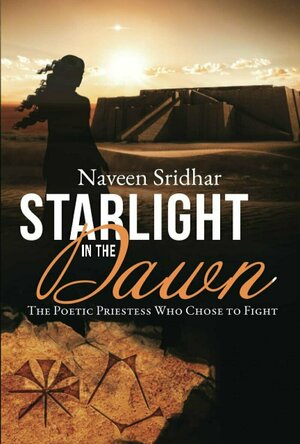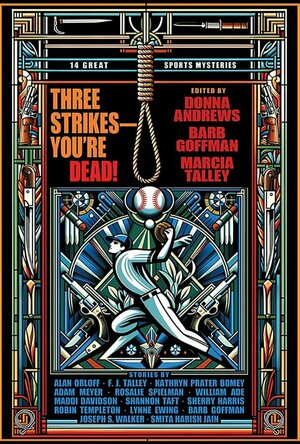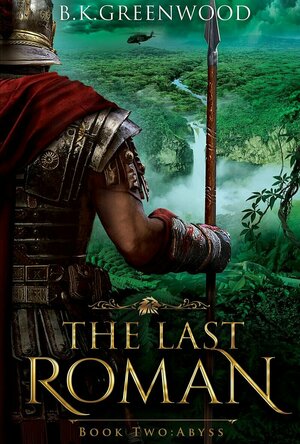
A Most Malicious Murder
Book
Not all monsters are fictional. In an alternate 1851, Edgar Allan Poe has finally overcome his...
Historical Fiction Mystery Alternate History
David McK (3676 KP) rated The Last Roman: Abyss (The Last Roman #2) in Books
Apr 10, 2023
I'm not sure why, as it does follow the same stylistic setting as the earlier entry with chapter about being modern times/historical (I think I actually preferred this aspect of the two), and with the same set of characters as the first (bar a few minor changes); but maybe it was because I felt the 'U-Boat lost up the Amazon' had been done before?
(Personally, I kept flashing back to the Uncharted series of video games with that whole segment)
I will still read entry #3, however.

Atomic Love
Book
Rosalind Porter's biggest mistake was love . . . Chicago, 1950. Before Thomas Weaver broke her...
Historical fiction

Pagan Warrior (Of Gods and Kings #1)
Book
Britain. AD632. Penda, a warrior of immense renown, has much to prove if he is to rule the...
Viking Historical Romance Thriller

The Dictator’s Wife
Book
WOMAN I learned early in life how to survive. A skill that became vital in my position. WIFE I...
Historical fiction Literary fiction Eastern Europe

Starlight in the Dawn: The Poetic Priestess Who Chose To Fight
Book
A gripping story of Enheduanna, the first literary person of ancient history. It is based on her...
historical fiction

Last Train to Freedom
Book
1940. As Soviet forces storm Lithuania, Zofia and her brother Jacek must flee to survive. A...
WWII Historical Fiction Trans Siberia Russia Japan Spies
Merissa (13614 KP) created a post
Sep 22, 2025

The Devil You Knew
Book
Atlanta. 1963. Three adolescent girls go missing. And a killer is on the loose. Young Billy...
Historical Crime Fiction

Three Strikes – You're Dead!
Book
This original collection of sports-themed mystery stories features felonies and foul play across a...
